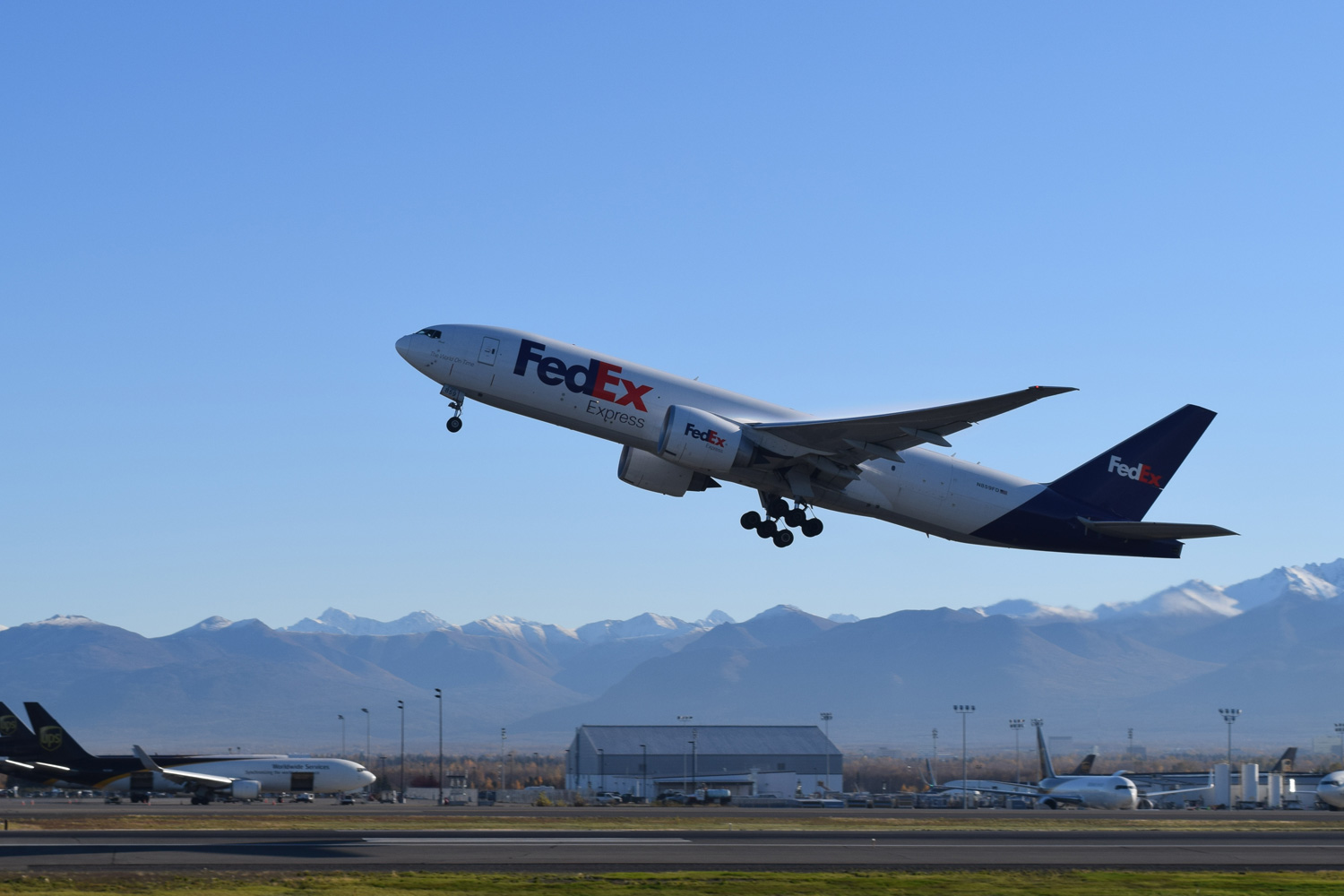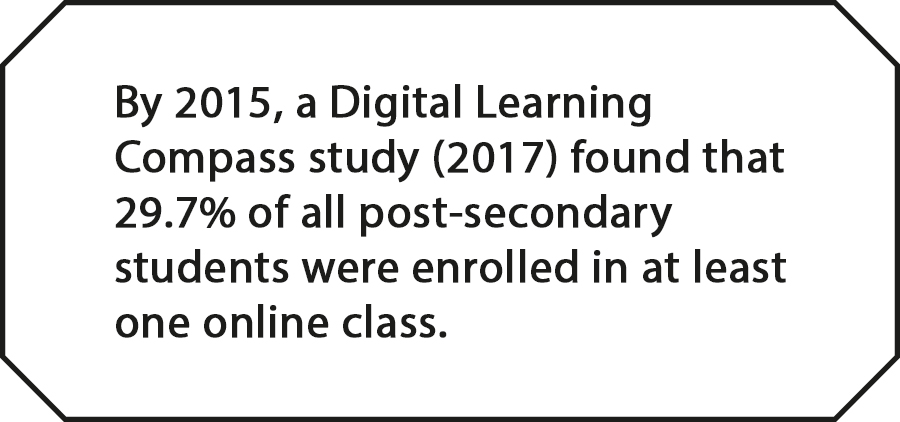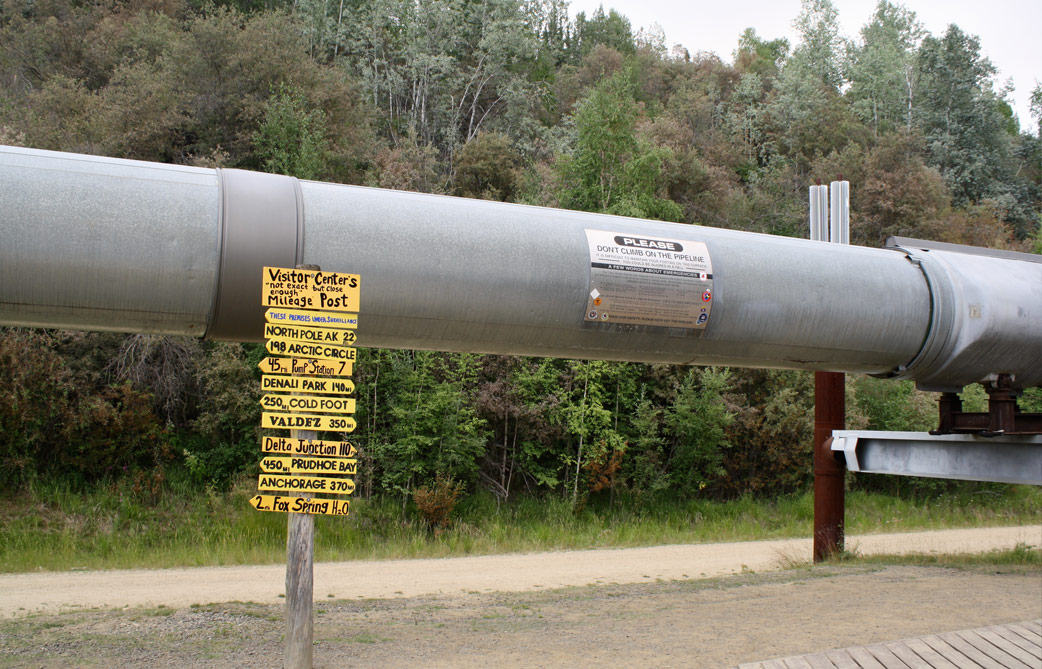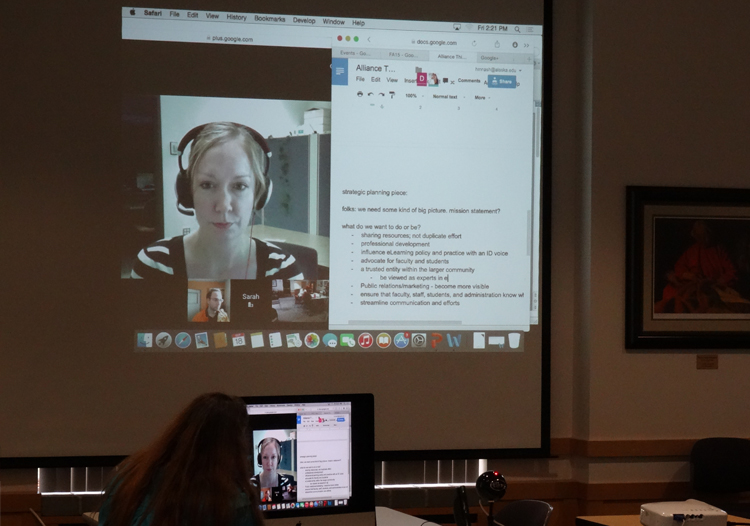
Connecting the World
By Dr. Philip Price & NJ Harrison
When Alaskans travel “outside” (i.e, anywhere in the world that’s not Alaska), they are often hit with questions about ice road truckers, Deadliest Catch fishermen, the Iditarod, and, more recently, the melting polar ice caps and the Northwest Passage.
As a child growing up in Ireland, I remember reading perilous tales of Gold Rush stampeders, in which those who were well supplied survived and those who were not perished. As a young adult, I watched news coverage of the Iditarod Trail Sled Dog Race on the BBC and learned how it was created to honor the sled dogs and trail that got mail, food, mining equipment, and other life-saving supplies to Alaska’s icebound northern ports many decades ago. It seemed that living a life in Alaska meant living a life with logistics.

I have been in Alaska since 1999, yet I remain amazed at Alaska’s connection to logistics and supply chain management. When I travel from my home in Anchorage, I fly from an airport that is one of the top five globally for cargo throughput and less than 10 hours by air from 90 percent of the industrialized world. I live in a state rich in natural resources such as petroleum, natural gas, minerals, timber, and fisheries, but which faces logistics challenges in weather, geography, and transportation infrastructure that is unparalleled in most of the world. I call home to a state poised to become America’s most important hub in Arctic shipping as polar sea ice continues to melt and shipping lanes increase.
As a professor of logistics working first in London and then in Almaty, Kazakhstan, I was drawn to Alaska by the allure of its history and identity, so closely tied to logistics and supply chain management. (Logistics concerns the management and control of the flow of goods and information, typically within one organization. Supply chain management focuses on the flow of goods, information, and related finance across multiple organizations.) Initiated by leaders in Alaska’s supply chain management industry and local government in 1998, a fledgling program was in the works at the University of Alaska Anchorage (UAA) to bring logistics and supply chain education to Alaska. I was hired at that time to develop the academic curriculum for UAA’s new graduate and undergraduate programs in logistics and supply chain management.

Because the call for logistics and supply chain management pathways at UAA was initiated largely by industry, I knew it was critical to get industry input when developing the programs. With the support of UAA’s College of Business and Public Policy (CBPP) administrators, we conducted focus groups of local supply chain management leaders and developed, distributed, and analyzed surveys of Alaska’s supply chain executive leaders, managers, and supervisors. We used the results of this “Global Logistics Environmental Scan” as we developed the Master of Science in Global Supply Chain Management (MS GSCM), a now long-running degree program whose graduates are leaders at ConocoPhillips, FedEx, Lynden International, Alaska Railroad Corporation, Foss Maritime, Boeing, Alaska Native Tribal Health Consortium, Delta Western Petroleum, Fairweather, Advanced Supply Chain International, and many more companies across Alaska and the world.
UAA’s MS GSCM program had been a traditional face-to-face program, conducted on the Anchorage main campus on weekends. Throughout the past few years, we have seen that distance learning is becoming a reality in the postsecondary educational landscape. From 2012 to 2014, enrollment in traditional face-to-face classes in public universities in the U.S. dropped by 2% (National Center for Education Statistics) while the number of graduate students taking online classes grew by 12% (WICHE Cooperative for Educational Technologies, 2016). By 2015, a Digital Learning Compass study (2017) found that 29.7% of all post-secondary students were enrolled in at least one online class.

I have fielded countless calls from potential students working across Alaska in the supply chain management industry, hoping to take UAA logistics classes online. Those working on Alaska’s North Slope, in Central Alaskan mines, and for Southeast Alaska’s fisheries expressed a desire for an education in logistics and supply chain management, but their work locations and schedules made it impossible to attend classes in person. The leadership of CBPP also found that in their travels abroad for conferences and university marketing efforts, a recurring question emerged: “Do you have an online graduate program in supply chain management?”

Thanks to the input of Alaska’s supply chain management leaders, our MS GSCM alums, an in-depth market analysis, and a study of the most up-to-date topics and trends in online education and supply chain management, the UAA College of Business and Public Policy is ready to re-launch its Master of Science in Global Supply Chain Management (MS GSCM) degree – 100% online – in Fall 2018. The 20-month, five-semester program will include courses in logistics and global supply chain management applications and strategy, the role of global supply chain management in international trade, supply chain technology and systems, quantitative and financial performance metrics, and leadership principles and management skills for global supply chain managers.
The Online Master of Science in Global Supply Chain Management (MS GSCM) program at UAA is designed for working professionals around the world, allowing students to take their courses anywhere they have an internet connection. The design of the MS GSCM program works well with the busy and often unusual schedules of its students. There are no required course times, but there are regular interactions with other students, faculty, and outside industry leaders within a modular timeframe, creating an opportunity to build a network of professional peers across the globe.
UAA’s MS GSCM program is geared to make a significant impact on both Alaska and supply chain education. The program will be one of the very small handful of 100% online graduate programs in supply chain management accredited by the AACSB, the premier global accrediting agency for post-secondary business education. This means that, whether they are in Alaska, Arizona, Aruba, or Azerbaijan, those looking for an entirely online graduate degree in supply chain management can turn to UAA as one of their options for a quality education.
We have been working closely with the UAA Academic Innovations and eLearning (AI&e) department, recipients of a the highly competitive Title III Robust Online Learning Grant, from 2015 to 2020. They are helping our faculty obtain the skills and information needed to wade into the world of online graduate education. We have been working with them to develop original, Alaska-focused instructional content, starting with films of onsite industry locations and game-based activities and hoping to work our way up to virtual reality simulations. Partnering with AI&e creates an exciting and innovative learning experience for our students and allows them to more fully engage in the experience of supply chain management. Through virtual field trips and experiential learning opportunities with industry, it will also allow us to bring the experience of Alaska’s place in global supply chain management to the rest of the logistics and supply chain education world.
Alaska is poised to become an important hub in Arctic shipping as polar sea ice continues to melt and arctic shipping lanes increase. The MS GSCM program is working closely with the Arctic Domain Awareness Center (ADAC), a Department of Homeland Security Center of Excellence, allowing MS students to get a first-hand look at the most current research and innovative technology related to situational awareness and crisis response in the challenging and growing world of Arctic transportation. Students will also learn from the expertise of instructors who are at the top of their field, whether they are researchers and academics from across the University of Alaska systems statewide or esteemed industry executives leading their companies’ innovative global supply chain initiatives.
We are looking forward to welcoming students from Alaska and across the world who are ready to embark on an academically rigorous and experientially engaging challenge with a uniquely Alaskan twist.


Dr. Philip Price is a Professor of Logistics at the University of Alaska Anchorage. Dr. Price has more than 30 years of experience in university instruction and professional training. Before joining the University of Alaska Anchorage, Dr. Price was Professor of Logistics, MBA Director, and EU Project Leader at the Kazakhstan Institute of Management, Economics, and Strategic Planning as part of a European Union initiative to develop an MBA program in post-Soviet Central Asia. He was also a Senior Lecturer for many years at London Metropolitan University and a workforce development expert for the Irish Industrial Training Authority. Throughout his career, he has also provided logistics, leadership, and management development programs both nationally and internationally to a wide range of private and public-sector customers, including the U.S. Bureau of Engraving and Printing, the U.S. State Department, Singareni Collieries India, Shell Oil Brunei, and the U.K. Ministry of Defense. Dr. Price has co-authored a series of texts and handbooks, and his research has appeared in several journals.
Dr. Philip Price
Professor of Logistics
University of Alaska Anchorage
NJ Harrison is the CEO of Access Education, Inc., an Anchorage-based publishing and education consulting firm. Access Education is part of the team that is working to transition the UAA Master of Science in Global Supply Chain Management program to an online format.
NJ Harrison
CEO
Access Education, Inc.